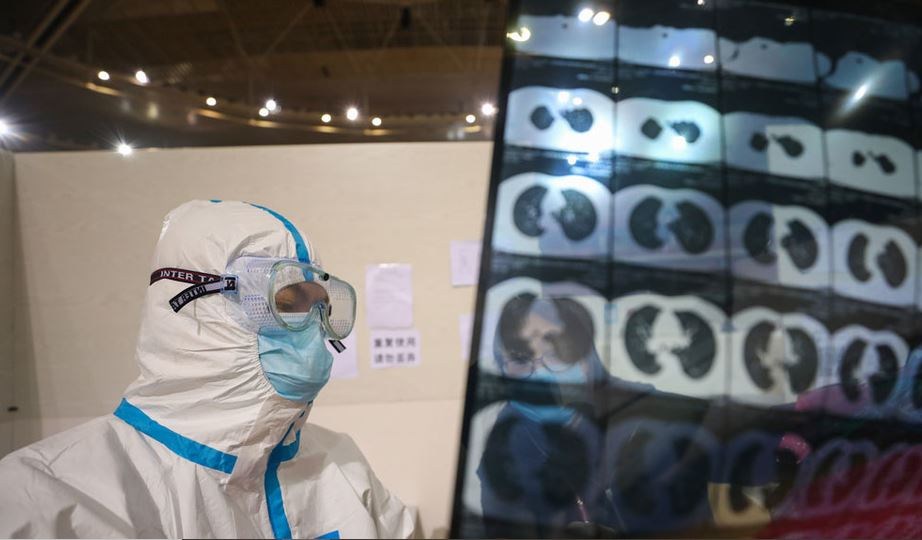Patients who have experienced even a mild form of the coronavirus are still showing symptoms of the illness weeks and sometimes months after the infection, but there are signs that they will recover, a study found.
Preliminary findings in a study, presented on Monday at the European Respiratory Society International Congress, showed how a severe coronavirus infection can have "serious, long-term impact" on patients' lungs, but also that there is hope that patients' bodies recover over time.
Researchers followed 86 patients who were hospitalised with a severe Covid-19 infection between April and June. Of them, 18 were in the intensive care unit.
"The bad news is that people show lung impairment from Covid-19 weeks after discharge, the good news is that the impairment tends to ameliorate over time, which suggests the lungs have a mechanism for repairing themselves," said Dr. Sabina Sahanic, a clinical PhD student at the University Clinic in Innsbruck in Austria, who was involved in the study, in a press release.
Related News
- Coronavirus plasma treatment 'not without danger', Belgian expert says
- Coronavirus: people more worried about family than themselves, study finds
- Covid-19 symptoms appear in a fixed order, study reveals
The patients' average age was 61, and over 60% of them were men, almost 50% smoked regularly and 65% were overweight or obese.
Six weeks after they had been discharged from hospital, the patients were clinically examined, and underwent lab tests, as well as CT scans of the chest and ultrasound scans of the heart. Another six weeks later - 12 weeks after their discharge - they underwent the same tests again.
65.9% of patients exhibited persistent Covid-19 symptoms of which shortness of breath and coughing were the most common, the researches found. "Regarding our CT findings, we found that about 88% of our study population still showed pathological findings in visit one, which ameliorated to 56% in visit two," Sahanic said.
After six weeks, some patients also showed left ventricular diastolic dysfunction in the heart (the heart's ability to fill itself with blood), the researchers found. At twelve weeks, however, there was a slight improvement.
At 24 weeks after discharge, there will be a third evaluation. The researchers are still calling for caution, as the study has not been completed yet, and the results remain preliminary.
"Covid-19 survivors have persisting lung impairment weeks after recovery. Yet, over time, a moderate improvement is detectable," Sahanic said. "Therefore, a structured follow-up in Covid-19 survivors is to be considered."
To determine whether similar results would be found in a larger and more diverse group of patients, more extensive research is needed, according to the researchers.
Maïthé Chini
The Brussels Times

